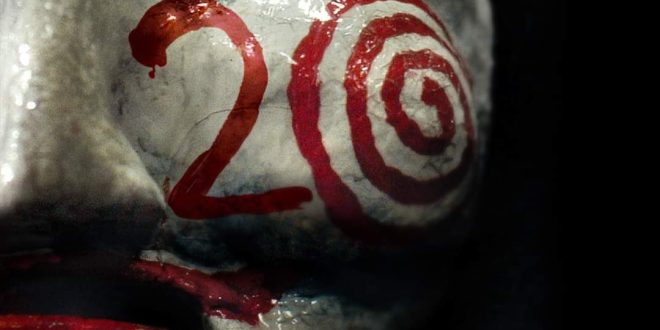Unlock the Editor’s Digest for free
Roula Khalaf, Editor of the FT, selects her favourite stories in this weekly newsletter.
Sri Lanka’s presidential election has headed into a run-off, with leftist outsider Anura Kumara Dissanayake leading the vote count but failing to pass the 50 per cent threshold needed for an outright victory in the south Asian country’s first election since it fell into default.
Dissanayake, a neo-Marxist candidate was leading with 40 per cent of the vote with about half of the ballots tallied on Sunday, according to the election commission.
Under Sri Lanka’s electoral rules, voters can rank second and third-choice candidates. If no candidate receives more than 50 per cent, those second-preference votes are added to the tally of the two leading candidates to determine a winner.
Sajith Premadasa, the main opposition leader and son of a former president, placed second with about 32 per cent of Saturday’s vote and also advanced to the run-off. Incumbent President Ranil Wickremesinghe placed third, with about 16 per cent, and was knocked out of the race.
Analysts said a victory for Dissanayake would be a stunning political upset in Sri Lanka and cast new doubts on its fragile $3bn IMF-backed debt restructuring in the country that has endured two years of economic crisis and austerity.
His National People’s Power coalition has just three MPs in the 225-member parliament, which is dominated by parties backed by traditional elites.
Wickremesinghe, 75, took office in 2022 after Sri Lanka defaulted on its foreign debt and then-leader Gotabaya Rajapaksa fled the country amid severe economic turmoil and power cuts.
He campaigned as a the guarantor of financial stability, and last week his government said it had reached a draft agreement with holders of Sri Lanka’s $12.5bn defaulted bonds that “almost completes” the restructuring. The deal will still require a formal sign-off from the IMF and creditors.
Dissanayake, 55, has pledged to maintain the IMF facility but wants alter some of its rigid conditions to grant more relief to the country’s 23mn people, about a quarter of whom are in poverty.
The NPP’s election manifesto called for a renegotiation of the IMF agreement to make it “more palatable and strengthened”, with more focus on relief for the poor.
On the campaign trail, Dissanayake also vowed to tackle corruption and slash privileges for the ruling class, such as generous pensions and car permits, and pledged to reopen all human rights cases involving the Rajapaksa regime during Sri Lanka’s brutal civil war.
“AKD benefited by a swing of all the votes of the Rajapaksa party towards him,” said Kusal Perera, a political commentator, referring to Dissanayake by his initials.
Harini Amarasuriya, an MP with the NPP, said the strong first-round result represented a rejection of “the traditional elite politics that was part of our culture”.
“This is not just a transfer of power from one party to another. It’s a real shift in power dynamics.”


























































![Mason Ramsey – Twang [Official Music Video] Mason Ramsey – Twang [Official Music Video]](https://i.ytimg.com/vi/xwe8F_AhLY0/maxresdefault.jpg)




















